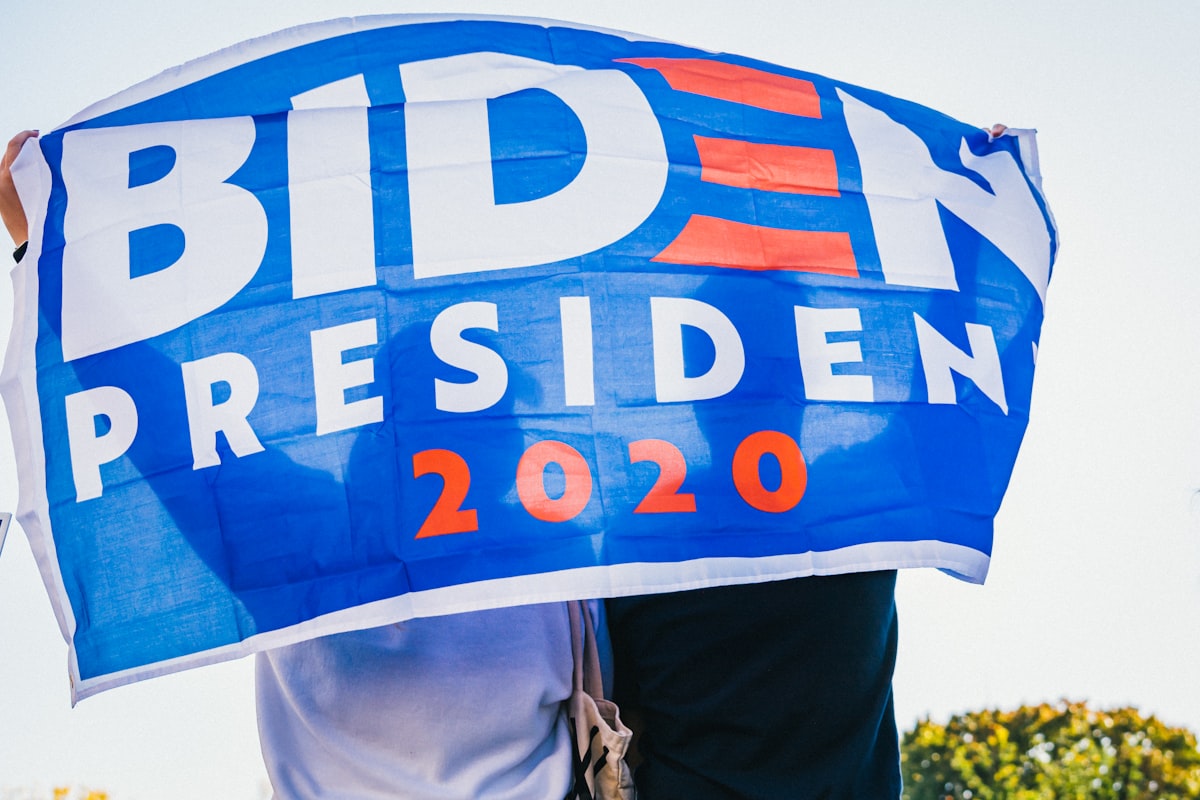Pending expectations of Joe Biden one year into his administration
The narrative on the relationship with Mexico has changed, but not the underlying issues such as migration. The U.S. returned to agreements on climate change and participates in the Covax mechanism for equitable access to vaccines against HIV/AIDS.





